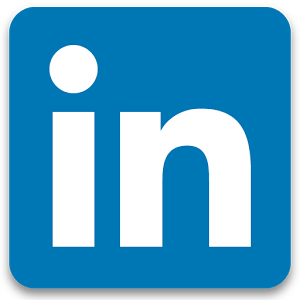Why Versailles Group Recommends M&A Versus an IPO
Why Versailles Group Recommends M&A Versus an IPO
A business owner seeking to take advantage of his or her company’s value will often consider two options for cashing out—an M&A event or an IPO. Before commencing either process, the business owner should weigh the relative pros and cons of both options as they pertain to his or her goals. An IPO is a financing event that recapitalizes the company, while a company sale is a liquidity event. Thus, owners who truly intend on cashing out of their business would be well advised to pursue the sale of their company as opposed to an IPO.
Selling a company has less regulatory complexities and an accelerated timeline when compared with an IPO. An investment bank can help the company find the right buyer and structure the deal in the owner’s favor. For example, if the business owner is keen on receiving immediate compensation in the form of cash from a buyer, the M&A advisor can structure the deal in this fashion. In this way, a business owner can cut ties with the company upon closing a deal. On the other hand, the business owner can be awarded stock in the new company if he or she would like a continued interest in the success of the newly merged company. An M&A event provides flexibility with regard to the business owner’s future. Most importantly, however, M&A can be less costly and achieved more quickly than an IPO.
In contrast, an IPO fundamentally transforms a company from a private entity to a public one. There are numerous downsides and costs associated with this process of going public. First, there are some direct fees to execute an IPO: underwriter, legal, accounting, printing, and roadshow costs. Furthermore, the business owner is often required to retain his or her shares in the newly public company for a certain amount of time, referred to as a “lock-up period.” This precludes the owner from cashing out of the business right when the IPO is completed.
Following the IPO, the company incurs additional expenses to comply with the stiffer rules and regulations of a public company. For example, newly public companies often need to add employees to meet SEC financial reporting regulations and to comply with Sarbanes-Oxley. In short, an IPO requires more planning, preparation, and expenses than a company sale. Thus, a business owner can most effectively and efficiently cash-out of his or her business through a sales transaction rather as opposed to an IPO. Furthermore, once the business owner cashes out, he or she can diversify their investments. This is certainly not possible with an IPO where the business owner is, essentially, trading private shares for public shares.
Thus, to answer why Versailles Group recommends M&A versus an IPO, it’s relatively simple to see the advantages of a company sale over an IPO. Perhaps, the one big exception is where the owner sees tremendous growth and is willing to “suffer” a huge amount of dilution because the company is going to “explode.” The downside, of course, is that once a company is public, there is a large amount of pressure, every quarter, to show increasing revenues and profits.
Versailles Group is a Boston-based boutique investment bank. For over 28 years, Versailles Group’s skill, flexibility, and experience have enabled it to successfully close M&A transactions for companies with revenues between US$2 million and US$250 million. Versailles Group has closed transactions in all economic environments, literally around the world. Versailles Group provides clients with both buy-side and sell-side M&A services, and has been completing cross-border transactions since its founding in 1987.
For more information, please contact
Donald Grava
617-449-3325








